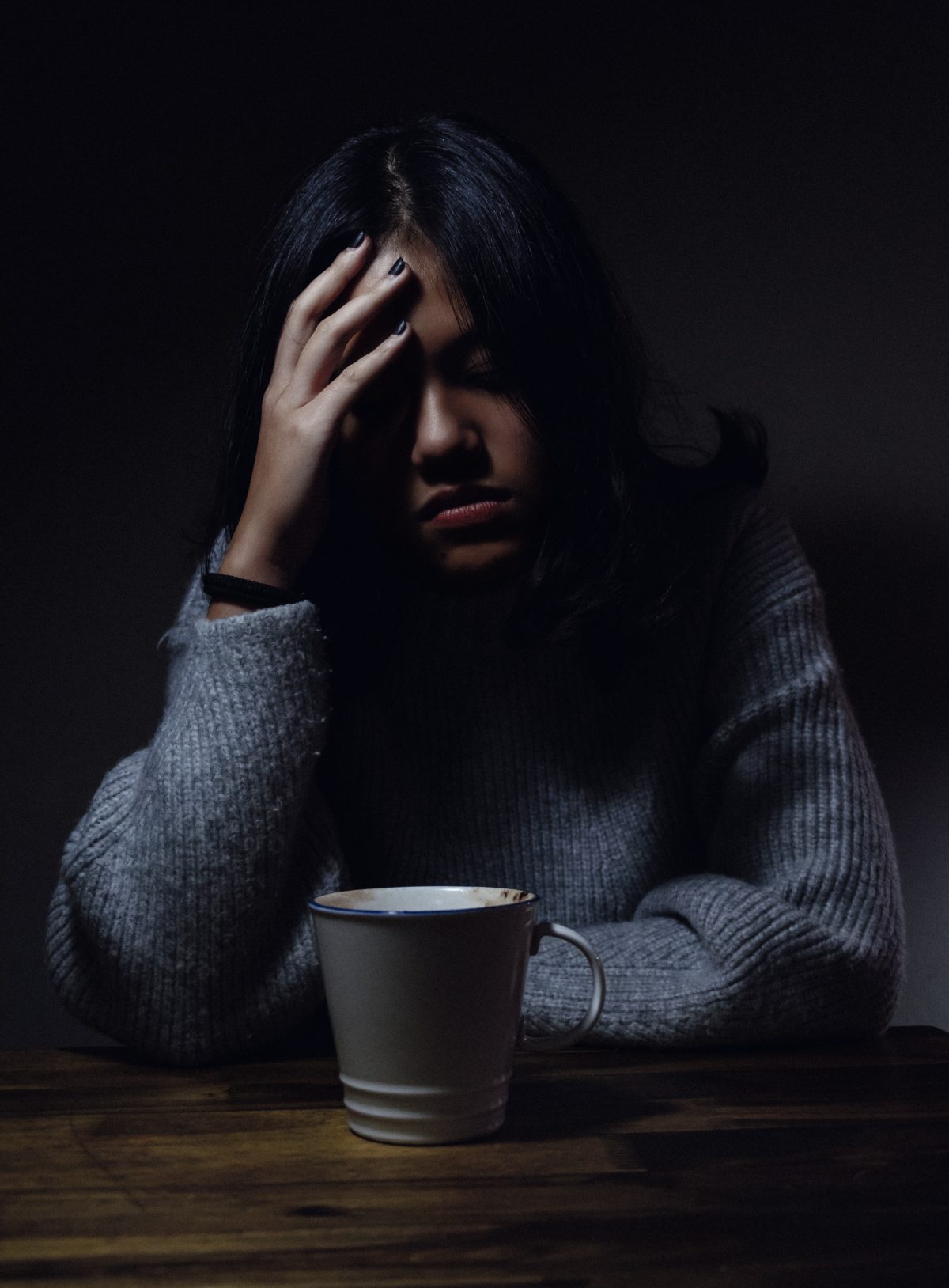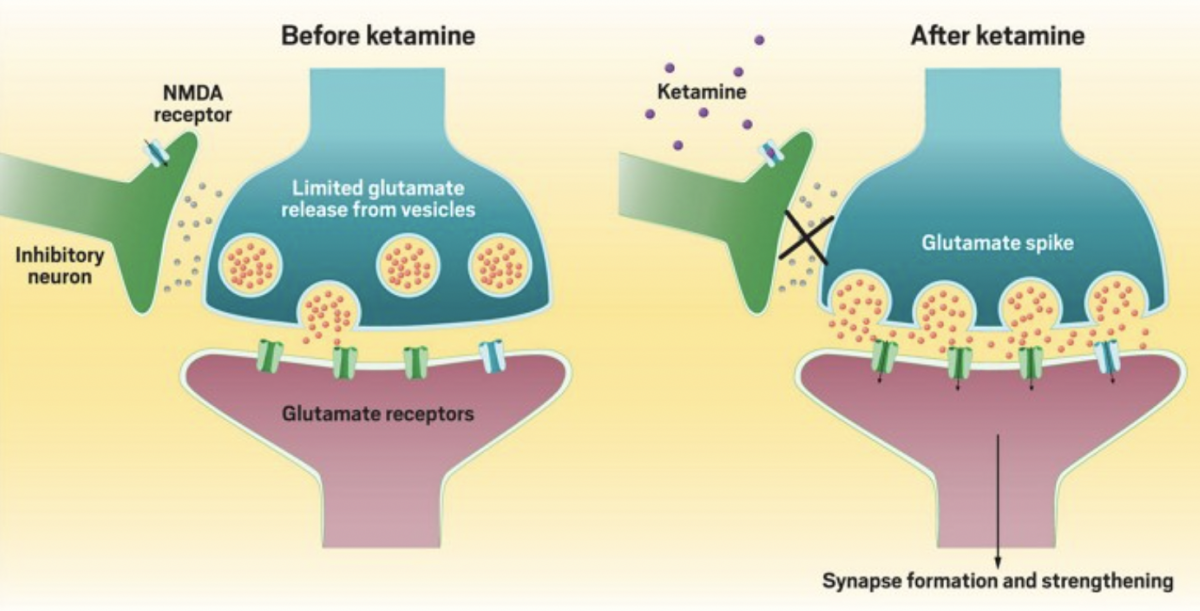Depression & Treatment
Depression & Treatment
You are not alone.
At Heading we specialize in the treatment of depression.
Depression is often described as a cloud that comes over one’s life, blocking the sun. Sometimes depression can be sourced back to the onset of a particularly difficult time in life, but sometimes people experiencing depression cannot attribute their feelings to a particular circumstance or continue to struggle with their mood even after circumstances in their life have changed, or experience symptoms somewhat inexplicably. No matter the cause, known or unknown, depression makes life difficult, can be debilitating and sometimes life threatening, and is a mental health issue that should be taken seriously.
Depression experience is often characterized by feelings of sadness, an inability to experience pleasure, low mood, and a lack of motivation or energy. While everyone may feel down or “blue” at times, depression is much more persistent and should not be seen as a sign of weakness or something that can simply be overcome. In fact Depression is a leading cause of disability, and for those suffering from long-standing depression it can cause significant lapses in work and employment, further impacting their ability to engage in adequate care.
Depression is a widespread issue in the United States, affecting over 16 million adults in 2016, according to the National Institute of Mental Health. There are different forms of depression, including Major Depressive Disorder, Seasonal Affective Disorder, which is related to seasonal changes, Bipolar Depression, and Treatment-Resistant depression. Given its prevalence, it is important to emphasize that no one should suffer alone, and that is why Heading is here to help.
DIFFERENCES BETWEEN DEPRESSION AND MAJOR DEPRESSION
Depression can manifest in various forms, and one of the most commonly diagnosed types is Major Depressive Disorder (MDD). Major depression differs from regular depression in terms of severity and duration. While regular depression may have milder symptoms and last for a shorter period of time, Major Depressive Disorder involves more intense and persistent symptoms that significantly impair daily functioning. It is crucial to recognize the distinction between the two, as proper diagnosis and treatment can be tailored accordingly.
COMBINATION THERAPY WITH MEDICATION AND PSYCHOTHERAPY
When it comes to treating depression, a combination of medication and psychotherapy, known as combination therapy, is often recommended. Medication is utilized to alleviate certain symptoms of depression, such as low mood, loss of appetite, or disrupted sleep patterns. Antidepressant medications, such as selective serotonin reuptake inhibitors (SSRIs) or serotonin-norepinephrine reuptake inhibitors (SNRIs), are commonly prescribed in these cases.
Psychotherapy, particularly Cognitive Behavioral Therapy (CBT), plays a vital role in combination therapy. CBT aims to identify and modify negative thought patterns and behaviors that contribute to depression. By working with a therapist, individuals can develop healthier coping strategies, challenge distorted thinking, and learn effective problem-solving techniques. Psychotherapy helps individuals gain insights into their emotions and provides them with the tools to manage depressive symptoms.
For many people whose depression becomes major or severe, combination therapy is more effective than a single line of treatment alone. However many people find that coordination of care between a therapist and psychiatrist can be time-consuming and difficult. This is one reason why Psychiatrists and Therapists at Heading work together through the phases of care for those seeking more than one line of treatment.
WHEN MAJOR DEPRESSION BECOMES TREATMENT-RESISTANT DEPRESSION
In some cases, individuals with Major Depressive Disorder may not experience significant improvement even after receiving appropriate treatment. This is known as treatment-resistant depression. Treatment-resistant depression is diagnosed when symptoms persist despite adequate trials of different antidepressant medications and psychotherapy approaches.
When faced with treatment-resistant depression, it is crucial to consult with a mental health professional who can reassess the treatment plan. The therapist may recommend alternative medication options, such as different classes of antidepressants or augmentation strategies, which involve combining multiple medications to enhance their effectiveness. Additionally, other therapeutic modalities like Spravato®, IM Ketamine, or or transcranial magnetic stimulation (TMS) may be considered for individuals who do not respond to conventional treatments.
Remember, depression is a treatable condition, and there is hope for recovery, even in cases of treatment-resistant depression. Seeking professional help and exploring different treatment options can lead to significant improvements in symptoms and overall well-being.
We are here to provide support and renewed hope that healing is possible. Together, we can work towards breaking free from the grip of depression and rediscovering the brightness in your life.






